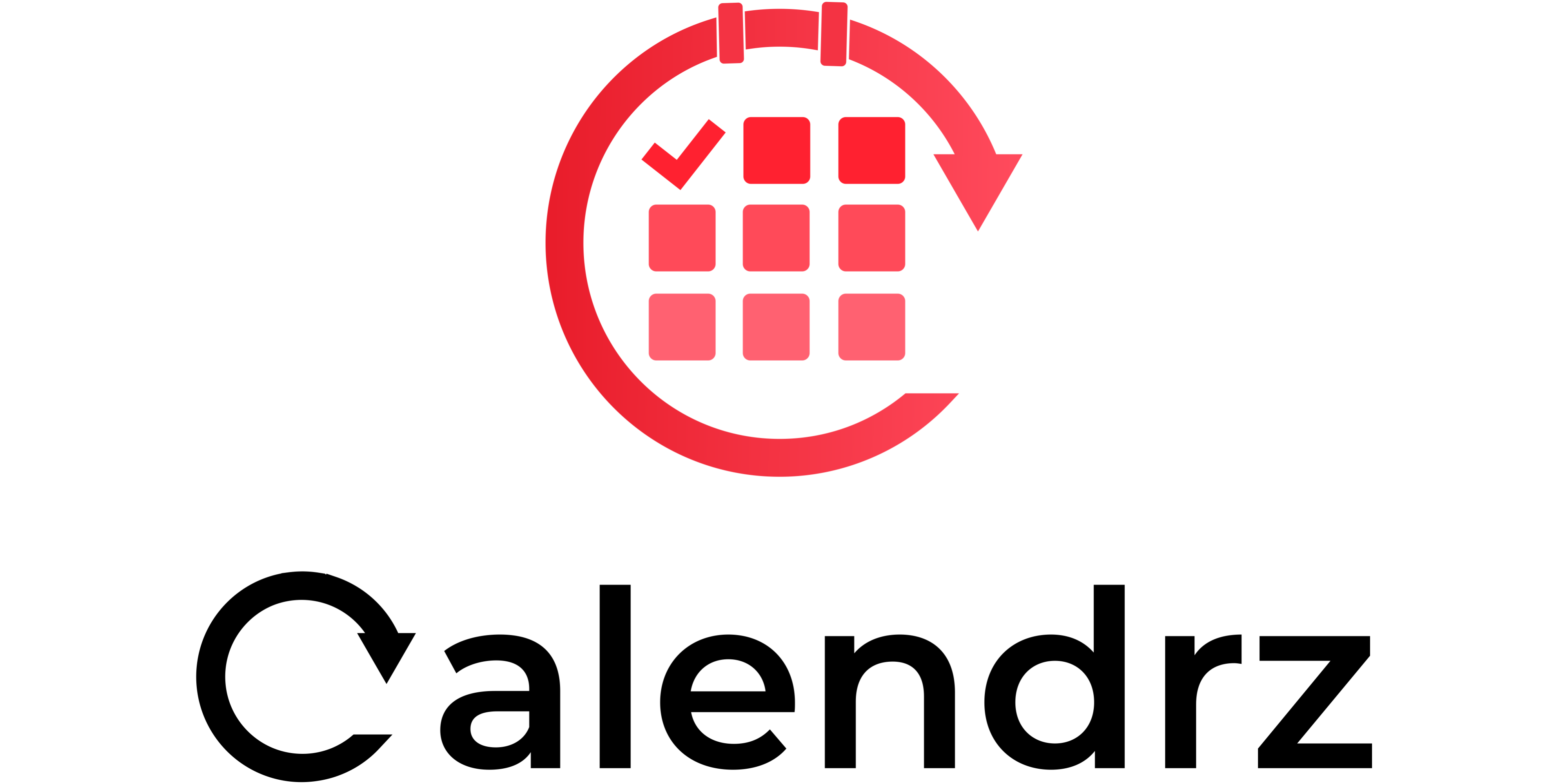 Maybe you have signed up to Calendrz and are benefiting from its capability to synchronize your availability across all your calendars and shield you from the dreaded double-bookings… Or maybe you are considering signing up (after all, it’s free!) but not sure if this is the platform you need and want to understand more about how does Calendrz shield your calendar from meeting conflicts? Either way, this post should help you understand more about how Calendrz protects your precious time. Read on.
Maybe you have signed up to Calendrz and are benefiting from its capability to synchronize your availability across all your calendars and shield you from the dreaded double-bookings… Or maybe you are considering signing up (after all, it’s free!) but not sure if this is the platform you need and want to understand more about how does Calendrz shield your calendar from meeting conflicts? Either way, this post should help you understand more about how Calendrz protects your precious time. Read on.
To re-iterate: Calendrz ensures your availability is known to everyone who has access to at least one of your calendars. Think work colleagues (who normally only get access to your work calendar), side gig clients (who have access only to your consultancy calendar), your spouse (who probably has access to your personal calendar only and perhaps a shared family one) etc. This tool is aimed at this people primarily! Why? Because you have access to all your calendars (derr!) and any decent mobile calendar app should be able to show you a consolidated view of your schedule across all your accounts. This bit is easy and there are lots of solutions available for it. What is not easy is for people who are trying to get time with you to see your availability aggregated across all your accounts! Because your employer doesn’t have access to your side gig consultancy calendar (we hope!); nor do they have access to your private calendar. And for legal reasons you might not be able to share your work calendar with your spouse. And your side gig clients shouldn’t need access to your employer calendar … and the list goes on!
Calendrz is helping you by helping the people you work and interact with understand when you are available and when you are booked. Sounds counter-intuitive? Think again: if your side gig clients are trying to put time in your side gig calendar (it shows you available!) but you have a meeting with your employer during that time, you now have to put effort into communicating with your side gig clients and try to find a timeslot which works for both. This leads to more time spent on your side trying to manage … your time! Similarly, if you have a doctor appointment but your employer, unaware of this, books a meeting with you, you find yourself in a similar situation trying to work through a cavalcade of emails trying to reschedule the meeting — often causing knock-on effects in other people’s calendars. More time (and frustration!) being wasted because your availability was not clear to them.
Calendrz takes away this pain by “syncing” all your calendar accounts (well, all the accounts you add to Calendrz) and placing blocks of time across all your calendars the moment a meeting lands in one of your calendars. To be able to do this, Calendrz needs first access to all of your calendar accounts. That’s right, Calendrz can only sync the accounts you tell it to: you give it 2 accounts, it will ensure they are both in sync and time is blocked in both for any meetings arriving in either of those 2 calendar accounts; you give it 5 accounts, it does the same across all 5 calendar accounts (be them Microsoft accounts or Google accounts); and if you give it one single account … well… it will point you to the definition of “synchronization” which reads “the operation or activity of two or more things at the same time or rate”! That’s right “two or more“! Synchronizing a single account is like trying to form a one-person conga line—it’s a lonely party, and you’re just awkwardly shuffling in a circle. But with two accounts, it’s a duet! It’s like synchronized swimming, but with data. So if you want to truly benefit from Calendrz you have to ensure you configure at least 2 calendar accounts within!
Suppose though you are part of the majority of the smart folks who understood this from the beginning and added all the accounts you want to synchronize in Calendrz. You can now safely log off, or close the Calendrz page and let it do its job while you carry on with your business. That’s right: once you have configured Calendrz with all your accounts, you don’t need to open that page up again. (You might want to do it, to change a setting here and there to make your experience of Calendrz optimal though — and we will get into that in future posts — but you don’t need to do that as Calendrz will work in the background and will defend your calendars from double-bookings and meeting conflicts.)
Calendrz will traverse all of your calendars and block time across all your calendars when a meeting is encountered. It does this periodically, in the background, without input from you. See those entries that popped up in your calendar all of a sudden? That’s Calendrz! It even has an icon so you can spot them right away. And if you click on those entries, it will inform you right away:
 You can see these time blocks (we call them “markers”) right away, the moment you add your accounts into Calendrz. Each one of them corresponds to a meeting in another one of your calendars. And because Calendrz gets notifications from Microsoft and Google whenever there is a change in one of your calendars, the moment one of these meetings changes date or time, these time blocks will be updated accordingly instantly. Gone are the days when every meeting being rescheduled had you move manually time blocks in your other calendar accounts to make sure no one tries to book you during that time; Calendrz does this automatically for you.
You can see these time blocks (we call them “markers”) right away, the moment you add your accounts into Calendrz. Each one of them corresponds to a meeting in another one of your calendars. And because Calendrz gets notifications from Microsoft and Google whenever there is a change in one of your calendars, the moment one of these meetings changes date or time, these time blocks will be updated accordingly instantly. Gone are the days when every meeting being rescheduled had you move manually time blocks in your other calendar accounts to make sure no one tries to book you during that time; Calendrz does this automatically for you.
Also, in doing so, Calendrz itself “knows” what meeting does each such time block correspond to, but it does not surface this information in any of your calendars, thus protecting your privacy! So if you have a meeting with one of your side hustle clients, Calendrz will place an entry like the above, with no details about the original meeting, in your main work calendar — so all your employer see is that you are busy during that time and will avoid setting up a meeting with you during that time interval.
Think you need a tool like this? Give it a go: sign up today, it’s free!







